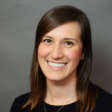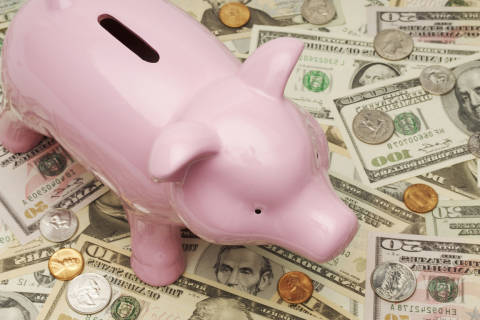WASHINGTON — When it comes to saving money for an emergency, almost 30 percent of Americans say they have no backup plan in the bank, according to a new survey.
The number of Americans with no emergency savings whatsoever is at a five-year high of 29 percent, up from 26 percent last year, according to a Bankrate survey released Tuesday.
“These results are further evidence that Americans remain woefully under-saved for unplanned expenses and rather than progressing, are moving in the wrong direction,” Greg McBride, chief financial analyst at Bankrate.com, said in a news release.
“Nothing helps you sleep better at night than knowing you have money tucked away for a rainy day.”
McBride tells WTOP that people are just getting by as it is. “In a lot of cases, Americans haven’t seen their incomes go up over the past few years.” So unplanned expenses chip away at any savings they had.
“People are feeling more confident,” McBride says — measurements such as people feeling secure in their jobs, their net worth, and their comfort with their debt loads are all the highest they’ve been in the past few years. “It’s just that savings is the weak link.”
The survey, which Bankrate conducted over the phone with 1,000 U.S. adults earlier this month, found that overall, 65 percent of Americans do not have sufficient emergency savings.
Twenty-one percent of those surveyed said they had some savings, but not enough to cover three months of expenses. Of those surveyed, 22 percent said they had enough to pay for at least six months of expenses.
Thirteen percent didn’t know how much they had or declined to answer.
Financial experts say it is ideal to save for an emergency fund that will cover six months of expenses.
So how can you get there if you don’t have that amount in your rainy-day fund? Financial experts offered some tips:
- Set incremental goals. Small goals for every month can help you achieve your goals and make they more manageable.
- Track your spending and find out where you can move your money toward savings.
- Be prepared for occasional setbacks — you never know when you may have to dip into the emergency fund.
- Have your employer deposit a small amount each pay period into a savings account. In McBride’s words, “Pay yourself first.”
Bankrate’s survey was conducted by Princeton Survey Research Associates International from June 4 to 7. It included 1,000 adults living in the continental U.S. and has a margin of error of plus or minus 3.7 percentage points.







